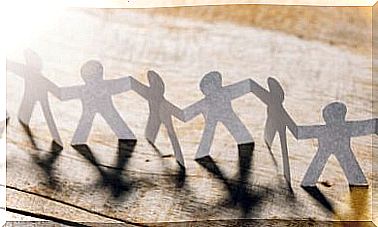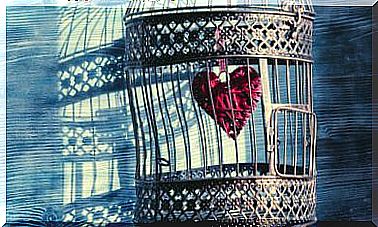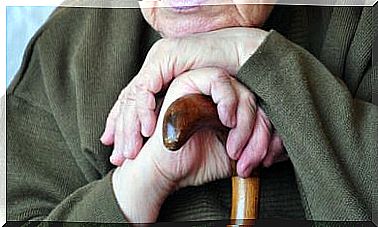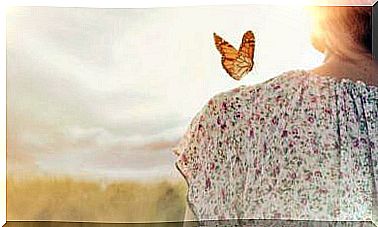The 15 Principles Of Maria Montessori To Raise Happy Children
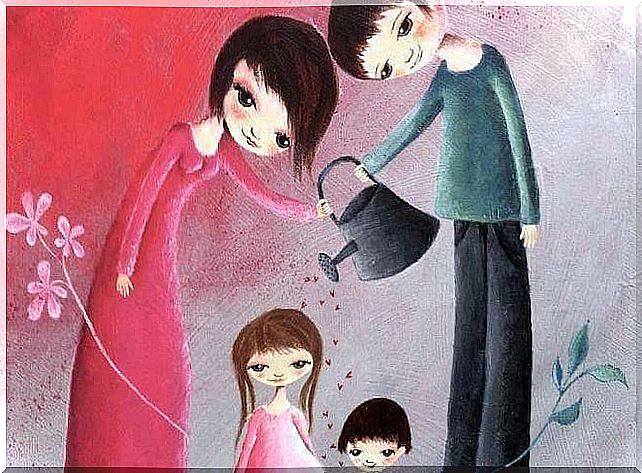
As always happens in educational matters, there are faithful defenders and sharp detractors of the pedagogy that María Montessori enunciated at the time. Many affirm that today teaching, as it is structured, does not see as viable the methodology introduced by the famous Italian educator in the late 19th and early 20th centuries.
For her, the school is not a space intended solely for a teacher to transmit knowledge in a directive way. Montessori defended above all that the child himself develop his capacities in a freer way, starting from a specialized didactic material.
The pedagogical perspective of María Montessori
different ages skills more autonomously
less rigid context
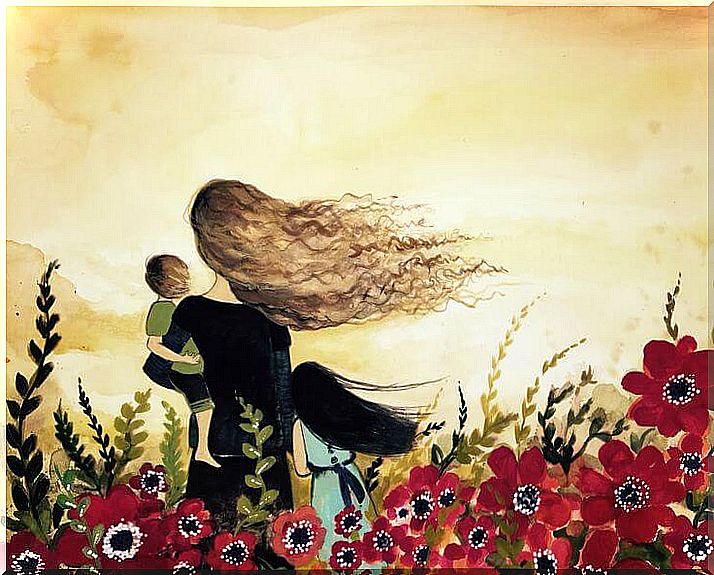
The pedagogical perspective of María Montessori had a worldwide impact and renewed many of the educational foundations maintained until then, to the point of “clashing” quite a bit with those more conservative and classical sectors of education.
To this day, this method, which emphasizes above all the freedom of learning and the responsibility of the student himself in his process of acquisition of content, is a method that is not appreciated in most centers. We can find it, yes, in some private line schools where many of these interesting strategies are worked on.
However, both the Montessori pedagogy of freedom and that of hope formulated by Paulo Freire, do not backbone too many pillars of our current education (not at least in many countries).
Now, at this point, you may wonder, where was the role of mothers and fathers in teaching their children then? It was important? The support, guidance and care of parents is essential to raise happy children, autonomous adults and good people tomorrow.
The commandments of Maria Montessori for fathers and mothers
Here we leave 15 of those principles that María Montessori enunciated at the time, and that will surely be of help to you.
- Always remember that children learn from their surroundings. Be their best role model.
- If you criticize your child a lot, the first thing he will learn is to judge.
- Instead, if you praise him regularly, he will learn to value.
- What happens if you show hostility to the child? he will learn to fight.
- If the child is ridiculed regularly, he will be a shy person.
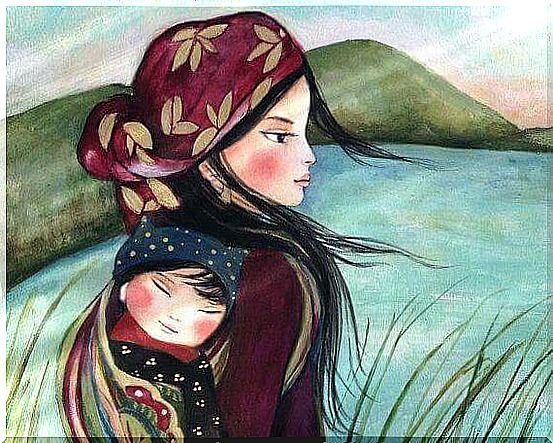
- Help your child grow up feeling safe at every moment, it will be then when he learns to trust others.
- If you despise your toddler frequently, a very negative feeling of guilt will develop.
- It encourages your child to see that their ideas and opinions are always accepted, with this we make them feel good about themselves.
- If the child lives in an atmosphere where he feels cared for, integrated, loved and needed, he will learn to find love in the world.
- Do not speak ill of your child, neither when he is around, nor when he is not.
- Focus on that your child is growing and developing optimally, always value the good of the child in such a way that there is never room for the bad.
- Always listen to your child and respond to him when he approaches you with a question or comment.
- Respect your child even if they made a mistake. Support it. He will correct it, now or maybe a little later.
- You must be willing to help your child if he is looking for something, but you must also be willing to allow him to find things on his own.
- When you address your child, always do it in the best way. Offer the best that is in yourself.
Courtesy images: Claudia Campbell, Les toiles d’az
